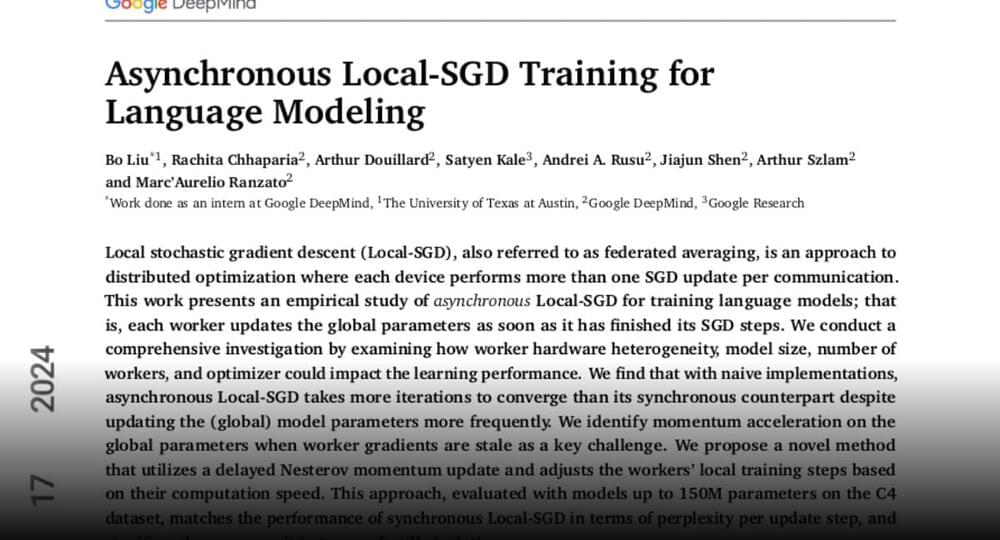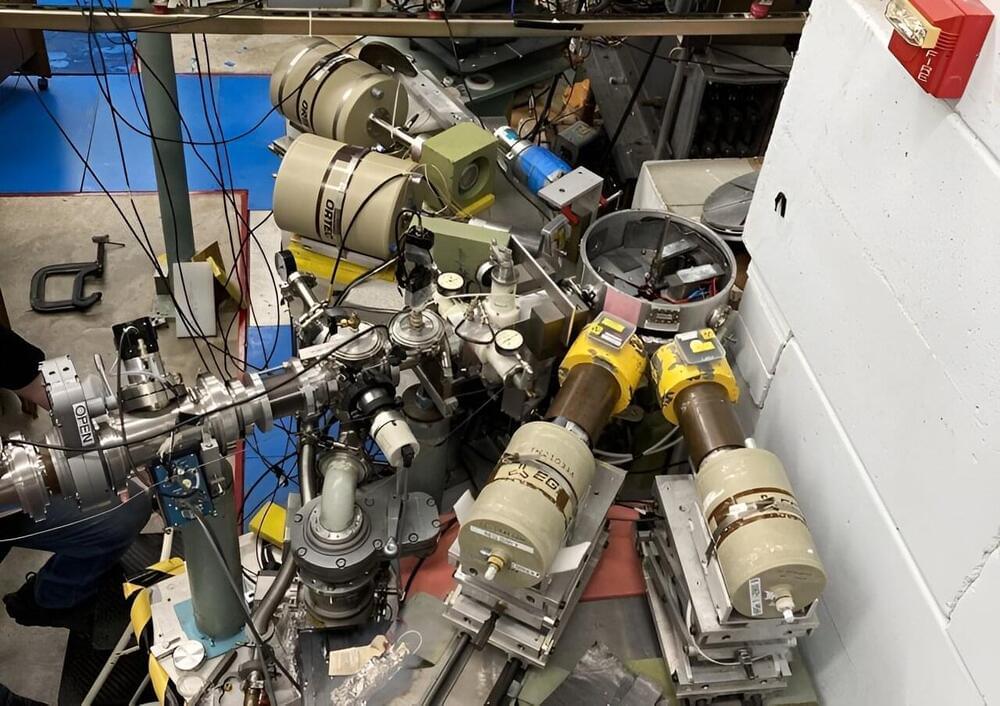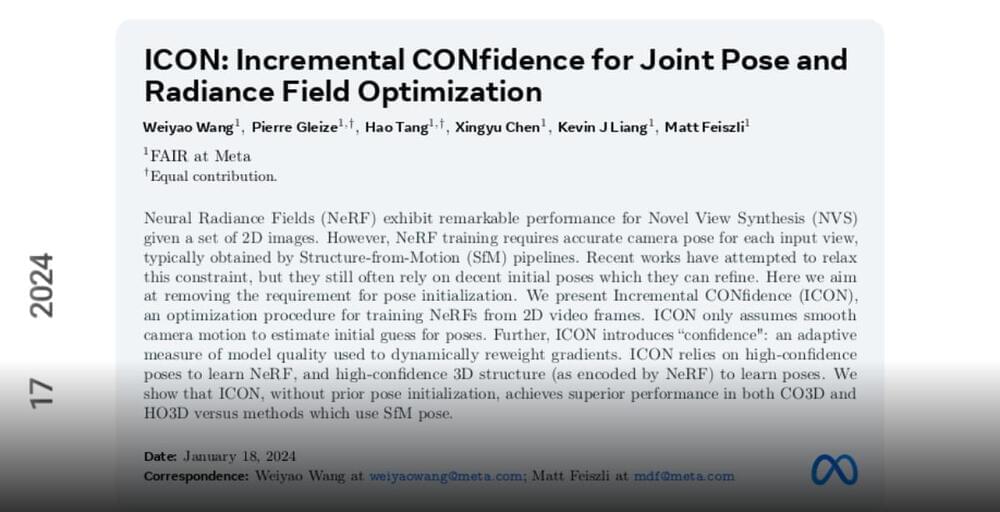Join the discussion on this paper page.



Large, low-background detectors using xenon as a target medium are widely used in fundamental physics, particularly in experiments searching for dark matter or studying rare decays of atomic nuclei. In these detectors, the weak interaction of a neutral particle—such as a neutrino—with a xenon-136 nucleus can transform it into a cesium-136 nucleus in a high-energy excited state.
The gamma rays emitted as the cesium-136 relaxes from this excited state could allow scientists to separate rare signals from background radioactivity. This can enable new measurements of solar neutrinos and more powerful searches for certain models of dark matter. However, searching for these events has been difficult due to a lack of reliable nuclear data for cesium-136. Researchers need to know the properties of cesium-136’s excited states, which have never been measured for this isotope.
This research, appearing in Physical Review Letters, provides direct determination of the relevant data by measuring gamma-ray emission from cesium-136 produced in nuclear reactions at a particle accelerator. Importantly, this research reveals the existence of so-called “isomeric states”—excited states that exist for approximately 100ns before relaxing to the ground state.

Researchers have developed the first 3D maps of magnetic field structures within a spiral arm of the Milky Way. While we’ve seen smaller-scale magnetic fields before, this is much larger, showing the overall magnetic pattern in our galaxy. These fields are incredibly weak, about 100,000 times weaker than the Earth’s magnetic field, but they impact the galaxy, strongly influencing star-forming regions.
A SpaceX Falcon 9 will launch the four Ax-3 astronauts on Jan. 18 at 4:49 p.m. EST (2111 GMT).
Dr. Joan Mannick presents the best validated therapeutic to extend lifespan in this video. Dr. Joan Mannick is the Chief Executive Officer and Co-Founder of T…
Nice to see successes in deep learning moving beyond transformers. This one is more accurate and scales much better without ridiculous memory requirements.

Something to consider for cold weather areas like I live in.
A lot of EV owners were stuck in a parking lot due to charging woes.
Watch FOX 32 Chicago Live: https://www.fox32chicago.com/live.
FOX 32 Chicago delivers breaking news, live events, investigations, politics, entertainment, business news and local stories from Chicago and across the nation.
Watch more FOX 32 Chicago on YouTube:
They’re working on it.
A Chinese company has announced they’re planning to mass-produce tiny nuclear batteries that can last up to 50 years, possibly beating both a British and an American company who have tried to put those on the market for several years. What does that mean? Will we soon all power our phones with nuclear power? Let’s have a look.
🤓 Check out our new quiz app ➜ http://quizwithit.com/
💌 Support us on Donatebox ➜ https://donorbox.org/swtg.
📝 Transcripts and written news on Substack ➜ https://sciencewtg.substack.com/
👉 Transcript with links to references on Patreon ➜ / sabine.
📩 Free weekly science newsletter ➜ https://sabinehossenfelder.com/newsle…
👂 Audio only podcast ➜ https://open.spotify.com/show/0MkNfXl…
🔗 Join this channel to get access to perks ➜
/ @sabinehossenfelder.
🖼️ On instagram ➜ / sciencewtg.
